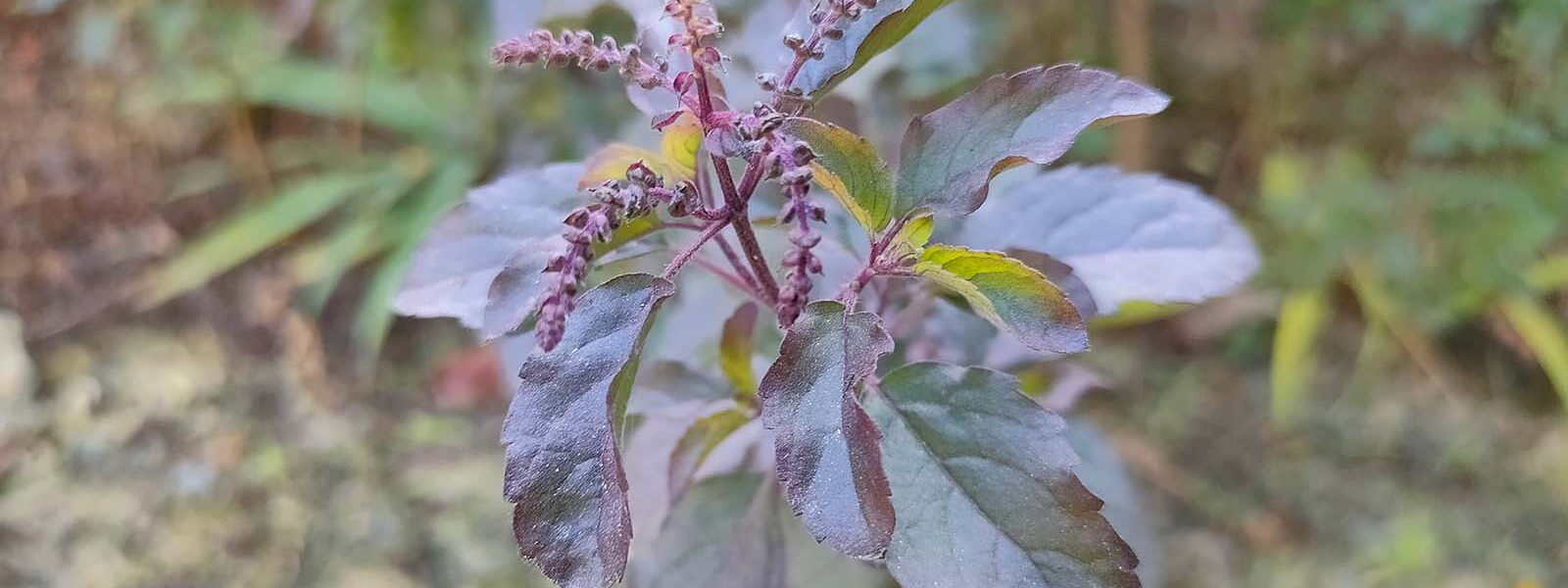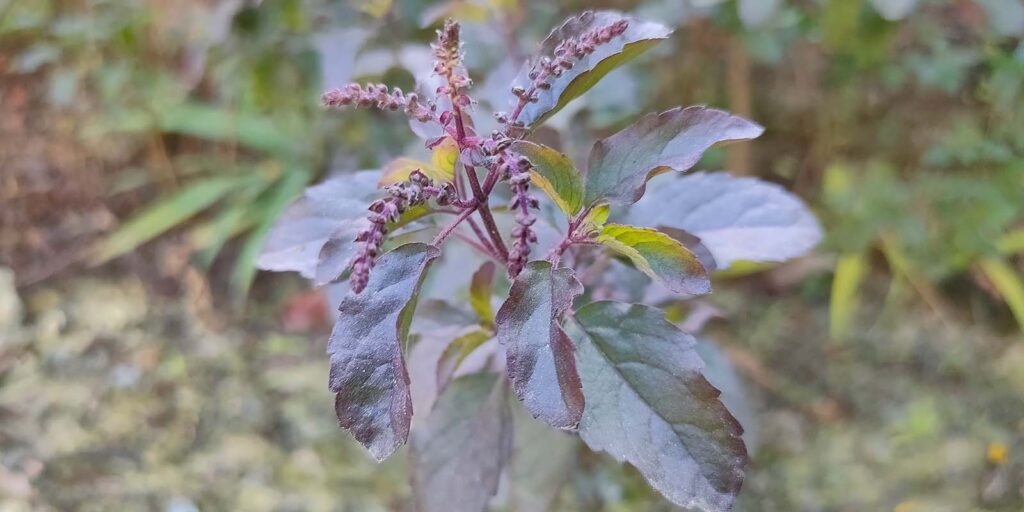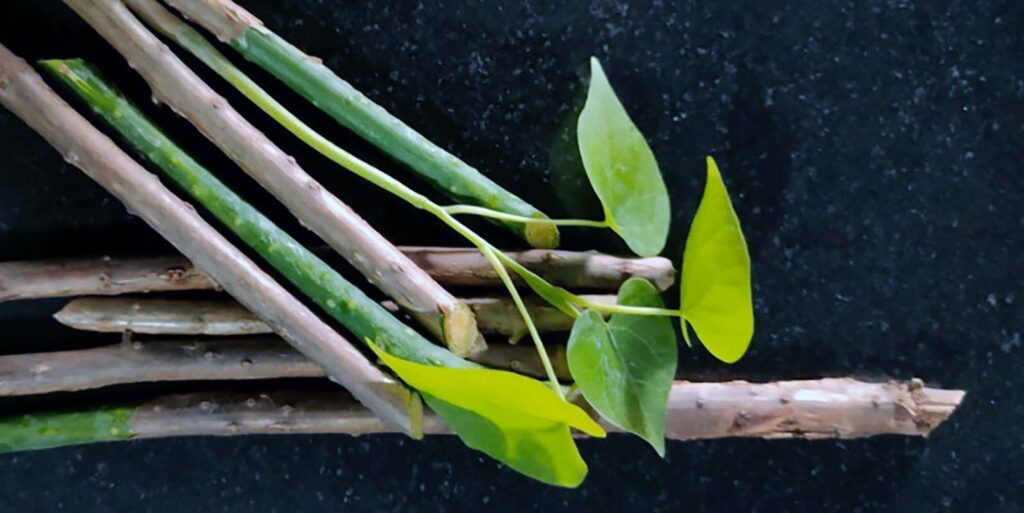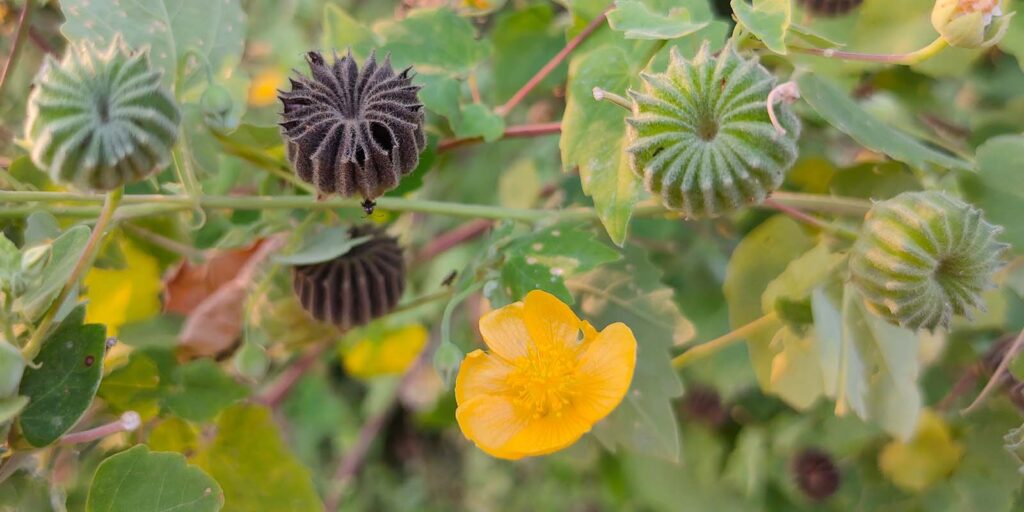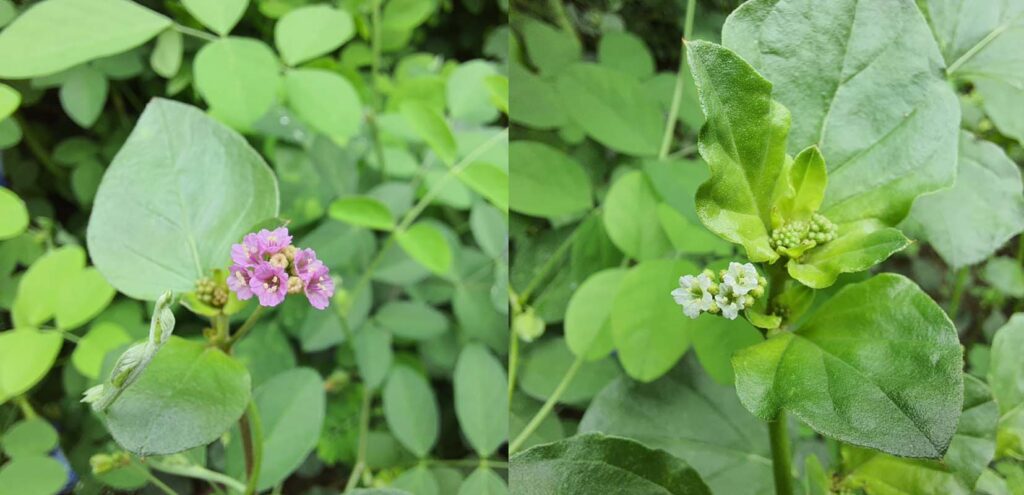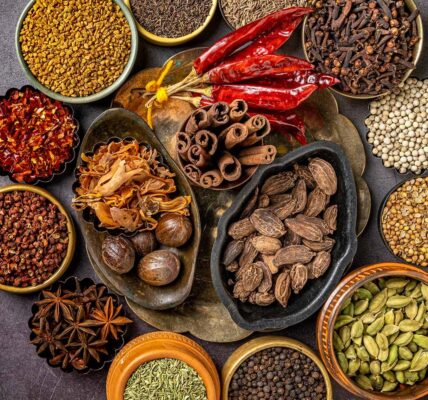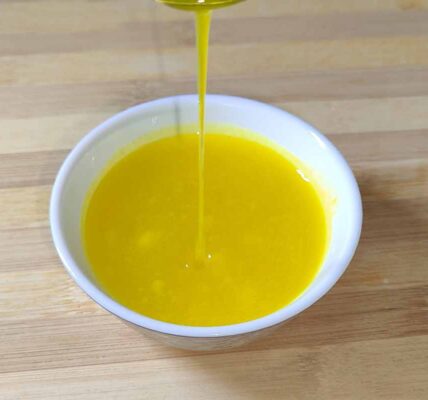Best Immunomodulator Herbs from Ayurveda:
In the vast tapestry of Ayurvedic wisdom, a treasury of botanical treasures awaits, offering abundant blessings and therapeutic virtues to humanity. Today, our focus turns to some of Ayurveda’s best immunomodulators, recognizing the varying levels of immunity among individuals and the ancient insight that infections arise when our bodily elements weaken.
In the midst of our polluted environments and bustling lives, sustaining health becomes a formidable challenge. While a balanced lifestyle, nourishing diet, and regular exercise are crucial, Ayurveda provides additional support to mitigate the risk of illness. Within its profound teachings, Ayurveda unveils rare medicines that not only fortify the immune system but also deter premature aging and untimely demise.
Let’s delve into the descriptions of some noteworthy immunomodulators from Ayurveda, shedding light not only on their immune-boosting prowess but also on their diverse medicinal properties.
- Holy Basil (Ocimum tenuiflorum):

Krishna Tulasi (holy basil) for immunity - Renowned for its aromatic foliage and culinary charm, Basil veils within its essence powerful pharmacological virtues.
- This herb reveals itself as a multifaceted agent, boasting carminative, stomachic, antispasmodic, and antiasthmatic properties.
- Its repertoire spans a diverse range of benefits, including hepatoprotective, anti-inflammatory, antioxidant, anticonvulsant, anti-hyperlipidemic, anti-platelet, anti-thrombotic, anti-microbial, insecticidal, immunomodulatory, and cytotoxic activities.
- Brahmadaru (Cedrus deodara):
- Revered for its expectorant properties, Brahmadaru is also known to help manage cholesterol levels and promote diuresis, making it a versatile herb for respiratory and cardiovascular health.
- Ghrit-Kumari (Aloe vera):
- A multipurpose herb, Ghrit-Kumari acts as a purgative, emmenagogue, and carminative.
- Its anti-inflammatory properties further contribute to its role in digestive and reproductive health.
- Kalmegh (Andrographis paniculata):
- With hepatoprotective qualities, Kalmegh is valued for its ability to protect the liver.
- It also exhibits antispasmodic effects, acts as a blood purifier, and offers antipyretic benefits.
- Shatavari (Asparagus racemosus):
- Known as an ulcer healer and nerve tonic, Shatavari is a versatile herb with anti-arthritic properties.
- Its traditional use spans a range of conditions, contributing to overall well-being.
- Amrita/Guduchi (Tinospora cordifolia):

Immunomodulator Herbs – Amrita/Guduchi (Tinospora cordifolia) - Giloy (Amrita) is considered as one of the best immunomodulator herb along with Tulasi (holy Basil) and Brahmadaru.
- Recognized as a hypoglycemic agent and antipyretic, Amrita/Guduchi holds significance in managing blood sugar levels.
- Its versatile properties contribute to its role in traditional medicine.
- Arjuna (Terminalia arjuna):
- A potent cardiotonic herb, Arjuna is a diuretic and is often prescribed for high blood pressure management, showcasing its cardiovascular benefits.
- Kanchanar (Bauhinia variegata):
- Bauhinia variegata, or Kanchanar, is renowned in Ayurveda for its antifungal and astringent properties, making it valuable for managing thyroid issues, supporting respiratory health, and addressing inflammatory conditions.
- Additionally, it is traditionally used for its potential in blood purification and managing certain skin disorders.
- Nagbala (Grewia hirsuta):
- Offering diuretic, carminative, and antispasmodic effects, Nagbala is a herb known for its potential in promoting urinary and digestive health.
- Gurmar (Gymnema sylvestre):
- Gurmar (Gymnema sylvestre) is celebrated in Ayurveda for its potent anti-diabetic properties, helping regulate blood sugar levels by reducing the absorption of sugar in the intestines and enhancing insulin function.
- Additionally, Gurmar is recognized for its diuretic and anti-cholesterol effects, contributing to its multifaceted role in promoting metabolic and cardiovascular health.
- Atibala (Abutilon indicum):

Immunomodulator Herbs – Atibala (Abutilon indicum) - Exhibiting diuretic and antibacterial properties, Atibala is valued for its potential in promoting urinary health and combating bacterial infections.
- Safed Musli (Chlorophytum borivilianum):
- Revered for its aphrodisiac qualities, Safed Musli is also recognized for its anti-cancer and anti-fungal properties, contributing to its diverse health benefits.
- Aparajita (Clitoria ternatea):
- Aparajita, translating to “undefeated” in Sanskrit, embodies the indomitable spirit of this vibrant blue-flowered herb, symbolizing triumph in promoting health and well-being.
- A herb with anti-inflammatory and anti-spasmodic properties, Aparajita holds promise in managing various inflammatory conditions.
- Khadira (Acacia catechu):
- With hypoglycemic and astringent properties, Khadira plays a role in managing blood sugar levels and promoting overall health.
- Punarnava (Boerhavia diffusa):

Punarnava – Best Immunomodulator Herbs from Ayurveda - Known for its multifaceted benefits, Punarnava acts as a laxative, exhibits antioxidant activity, and offers hepatoprotective, hypoglycemic, and antibacterial effects.
- It is regarded as one of the top herbs, alongside Gokhuru (Tribulus terrestris) and Bhumi Amlaki (Phyllanthus niruri), for promoting liver and kidney well-being.
- Brahmi (Bacopa monnieri):
- Recognized as a brain tonic, Brahmi has been traditionally used to enhance cognitive function and promote mental well-being.
- Shankhapushpi (Convolvulus pluricaulis):
- Acknowledged as a brain tonic, Shankhapushpi is valued for its potential in supporting cognitive function and mental health.
- Bringraja (Eclipta prostrata):
- With anticancer, antileprotic, analgesic, antioxidant, and antimyotoxic properties, Bringraja is a versatile herb contributing to various aspects of health.
- Drumstick (Moringa oleifera):
- Praised for its antioxidant and immunomodulatory properties, Drumstick is a valuable herb with potential benefits for overall immune system support.
- Pippali (Piper longum):
- Known for its antioxidant and bio-enhancing properties, Pippali is recognized for its role in promoting overall health and well-being.
In conclusion, the realm of immunomodulator herbs unfolds as a profound and diverse tapestry, each herb contributing its unique notes to the symphony of holistic health. From the renowned properties of Ashwagandha fortifying resilience to the immune-boosting prowess of Echinacea and the adaptogenic magic of Astragalus, nature generously provides a wealth of resources to support our immune systems. Whether exploring the antiviral potential of Andrographis or harnessing the traditional wisdom encapsulated in herbs like Tulsi and Turmeric, these botanical allies serve as nature’s gift to fortify our defense mechanisms. As we embrace the wisdom of Ayurveda, Traditional Chinese Medicine, and other herbal traditions, let these immunomodulators be not just remedies but integral components of our daily wellness journey, fostering vitality and resilience in the face of life’s challenges. As we tread the path of well-being, may the vibrant spectrum of immunomodulator herbs guide us towards a harmonious equilibrium of health and vitality.
All Images: Photographer: Ashwani Kumar
